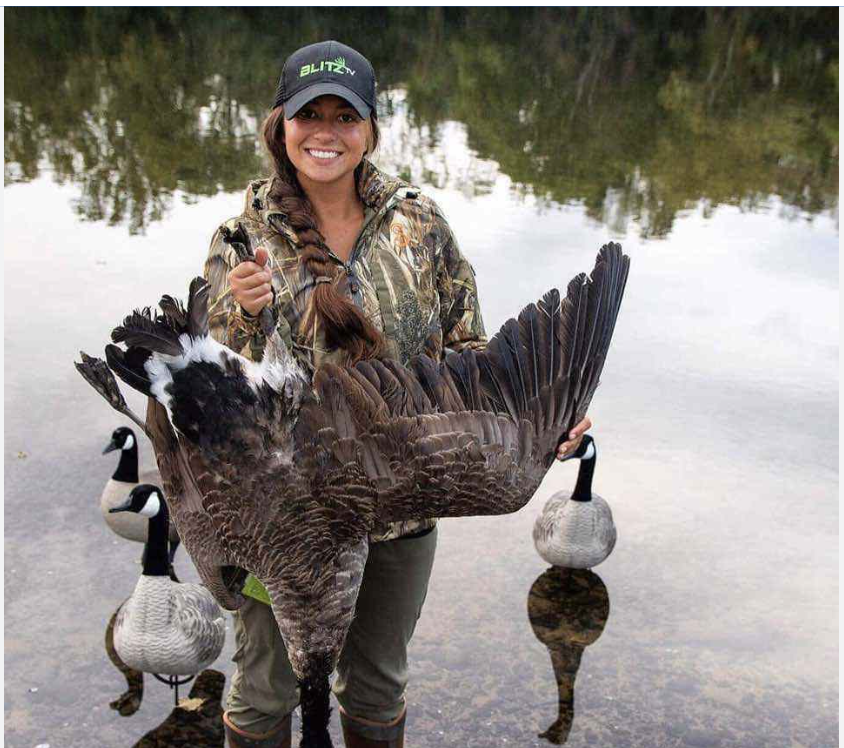No daylight between PETA and the ACLU that I can see
/A Connecticut city is voting on a plan to round up and kill geese that are taking over parks
Bristol is considering partnering with the federal government to round up and kill geese that have made city parks their home, but animal rights groups are criticizing the decision, saying the geese are simply living their lives and should be left alone regardless of the impact to park visitors.
According to Bristol Parks, Recreation, Youth, and Community Services, there has been "a significant increase" in geese on city property, including at Veterans Memorial Boulevard Park, Pine Lake, and Page Park Pond.
There can be more than 60 geese in a 10-acre area in some of the parks, according to department officials, who said the geese present a nuisance to those visiting the parks, particularly those at Veterans Memorial Boulevard Park, where visitors gather to pay respect to Bristol veterans.
The birds have left feces on lawns and sidewalks, damaged grass due to overgrazing, and have led to human health and safety issues related to droppings and aggression, as well as occasional hazards when wandering onto roads and parking lots, according to town officials.
The feces could lead to bacteria seeping into the city's water supply, Caggiano said.
While "euthanasia is definitely on the table," local leaders will look to DEEP for guidance when determining when to kill the geese, he said.
Between 2017 and 2019, Bristol spent $14,720 in an attempt to scare the birds away with dogs, subsequently placing signs telling the public not to feed the birds, and most recently placing swan decoys, none of which have worked.
“Even with non-lethal programs and approaches, the resident Canada geese population has not decreased and the damage they cause continues to be constant and present," town officials said. "Based on that, the city would like to conduct a phased management approach to decrease the resident Canada goose population.”
To that end, the city is seeking to enter into an agreement with USDA Wildlife Services at an expected cost of $3,365.
George Murtha, director of Animal Friends of Connecticut, called Bristol's proposal "a terrible idea," adding that his organization works around the clock to save every animal it can. "I don't care if it's a spider or an elephant. It's all the same to us," he said.
Regardless of how inconvenient the geese may be, he said, residents should accommodate them.
"We have to share the world with them," Murtha said. "It's their world also."
Of course, I’m not necessarily suggesting that cities exterminate their homeless population, or not now, at least; let’s wait and see how Bristol’s goose plan works out.
“He’s just simply living his life”


